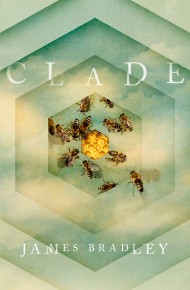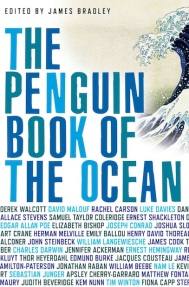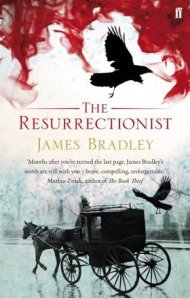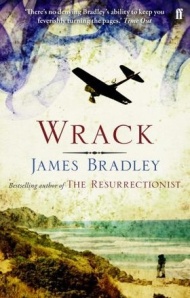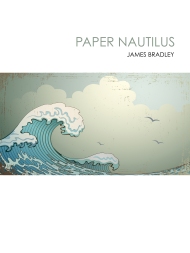Deep Water publication day!
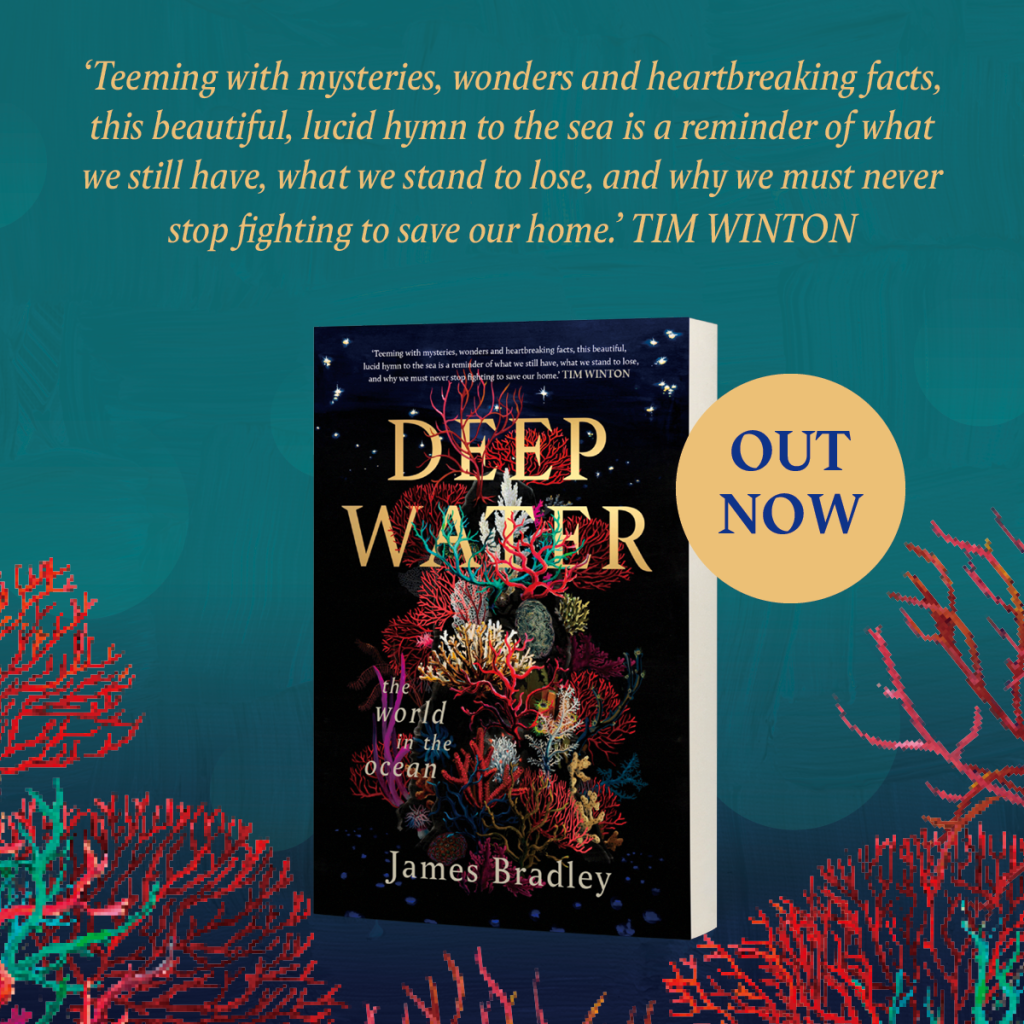
Today marks the Australian publication of my new book, Deep Water: The World in the Ocean. It’s a really special moment for me: I first began thinking about it more than 20 years ago, and the process of writing it has consumed most of the past two or three years of my life.
It’s a big book in every way: it stretches from the Big Bang to the destruction of the Earth several billion years from now, and the darkness of the ocean’s depths to the moons of Jupiter and Saturn, and traces the ways the ocean has shaped not just the planet but human life and society, as well as delving into the wonders of the other minds and presences that fill its waters. I’m incredibly proud of it, and I hope all kinds of people will find something in it.
You can get copies now anywhere good books are sold or online in Australia and the UK, and preorder copies in the US, where it will be out in July.
My thanks to everybody who helped along the way – scientists and other experts who took the time to speak to me, the friends who read drafts and listened to me talk obsessively about it, the Copyright Agency for making me their Non-Fiction Fellow for 2020, my agent and everybody at Penguin Australia, Scribe UK and Harper One, and in particular my partner and family who made it possible for me to write it. It wouldn’t exist without any of you, and I’m so, so grateful for your support.


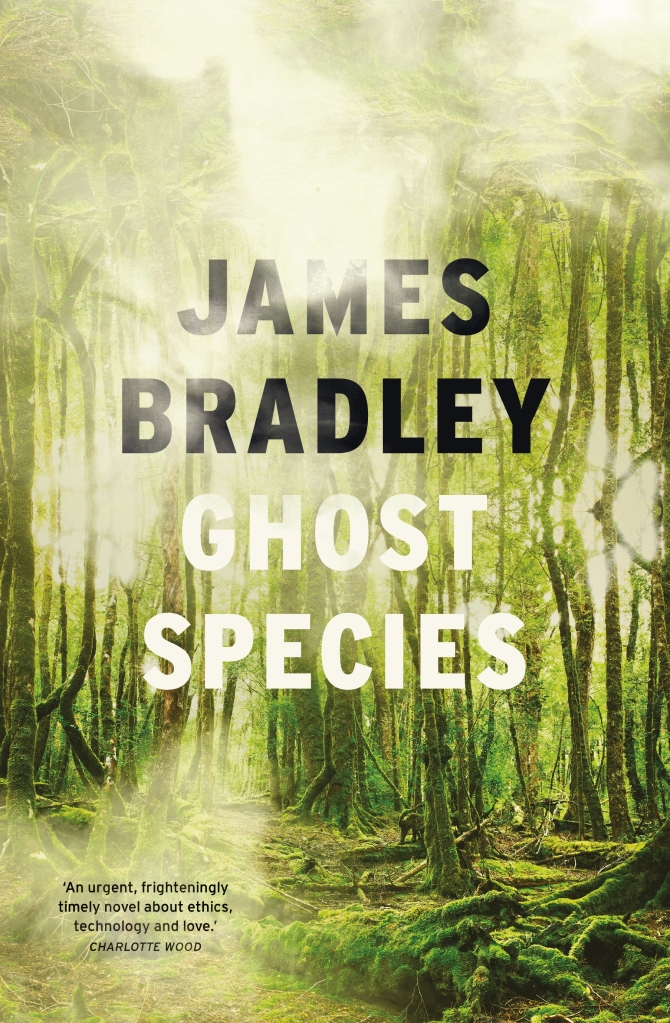



 About fifteen years ago, when I was working The Resurrectionist, Ivor Indyk from Giramondo Publishing approached me and asked me whether I’d be interested in writing a piece about my work in progress for Heat. Although the book was slowly moving toward completion it had been an incredibly difficult process, both emotionally and creatively, and at first I wasn’t sure whether I really wanted to open up about how hard it had been. Eventually I decided I would, but in the process I found myself having to think about a whole series of questions about the way I worked, what I thought fiction did, and the ways in which my experiences with depression had shaped both the book and my life and work more generally.
About fifteen years ago, when I was working The Resurrectionist, Ivor Indyk from Giramondo Publishing approached me and asked me whether I’d be interested in writing a piece about my work in progress for Heat. Although the book was slowly moving toward completion it had been an incredibly difficult process, both emotionally and creatively, and at first I wasn’t sure whether I really wanted to open up about how hard it had been. Eventually I decided I would, but in the process I found myself having to think about a whole series of questions about the way I worked, what I thought fiction did, and the ways in which my experiences with depression had shaped both the book and my life and work more generally. My latest novel,
My latest novel, 
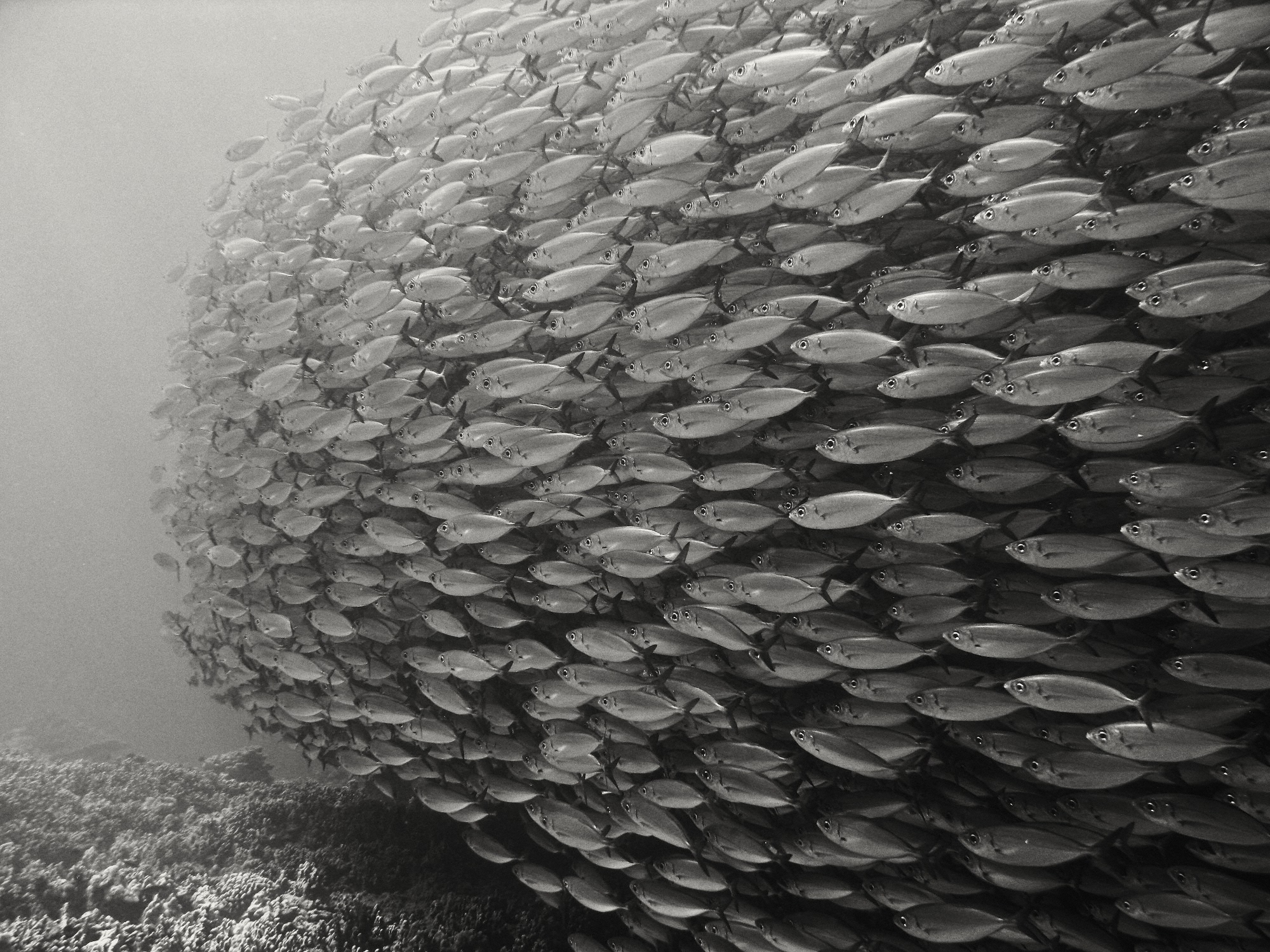




 It’s Sunday morning and I’m sitting on the beach beside the steel gantries and fuel tanks of Botany Bay’s container terminal watching my kids build a sandcastle by the water’s edge, a structure that keeps collapsing because the waves keep hitting it. But what I can’t get out of my head is the section of Kim Stanley Robinson’s new novel,
It’s Sunday morning and I’m sitting on the beach beside the steel gantries and fuel tanks of Botany Bay’s container terminal watching my kids build a sandcastle by the water’s edge, a structure that keeps collapsing because the waves keep hitting it. But what I can’t get out of my head is the section of Kim Stanley Robinson’s new novel, 


